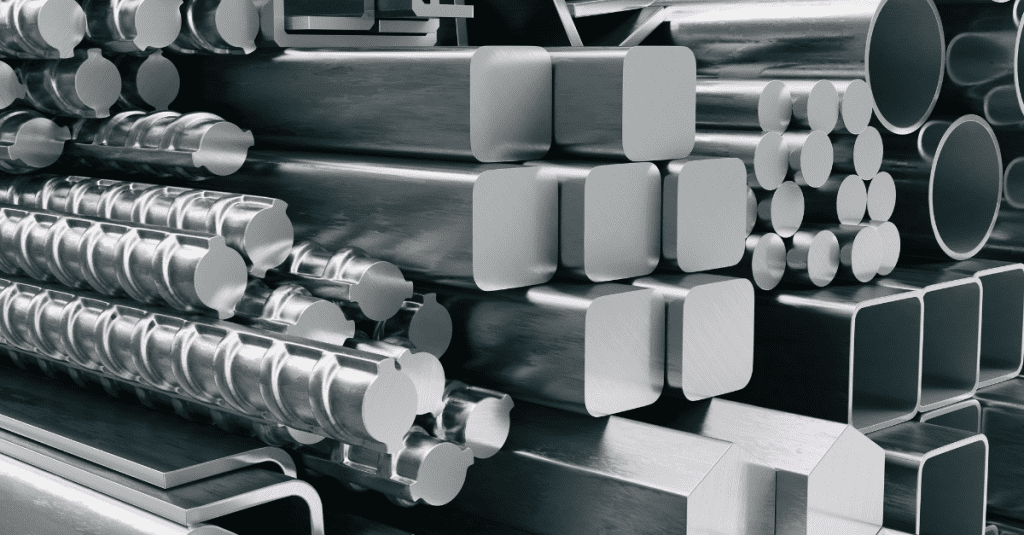Water is a crucial element in the steel production process, playing vital roles in cooling, cleaning, and descaling operations. However, the water used in steel mills often carries impurities like minerals, bacteria, and chemicals, which can lead to significant operational issues if not properly treated.
Ensure your steel mill runs efficiently with the right water treatment program. Click below to learn more about our tailored solutions.
Maintaining high water quality is critical in steel production. Without proper treatment, impurities in the water can cause:
Water treatment programs in steel mills typically include:
The selection of specific water treatment chemicals and processes depends on the water quality and the steel mill’s specific needs. For instance, a water softener may be used in high-hardness water supplies, while a UV sterilizer may be employed in water with high microorganism content.

Implementing an effective water treatment program can offer numerous benefits:
Water treatment is crucial in steel production to prevent scale formation, corrosion, and microbiological growth, all of which can affect product quality and equipment longevity.
Common processes include filtration, ion exchange, disinfection, and the use of corrosion and scale inhibitors.
Poor water quality can lead to scale formation, corrosion, product defects, and environmental pollution, all of which can disrupt steel production and increase costs.
Corrosion inhibitors help protect metal surfaces, extend equipment life, and reduce maintenance costs.
By implementing effective water treatment programs that reduce pollutant discharge and comply with environmental regulations.